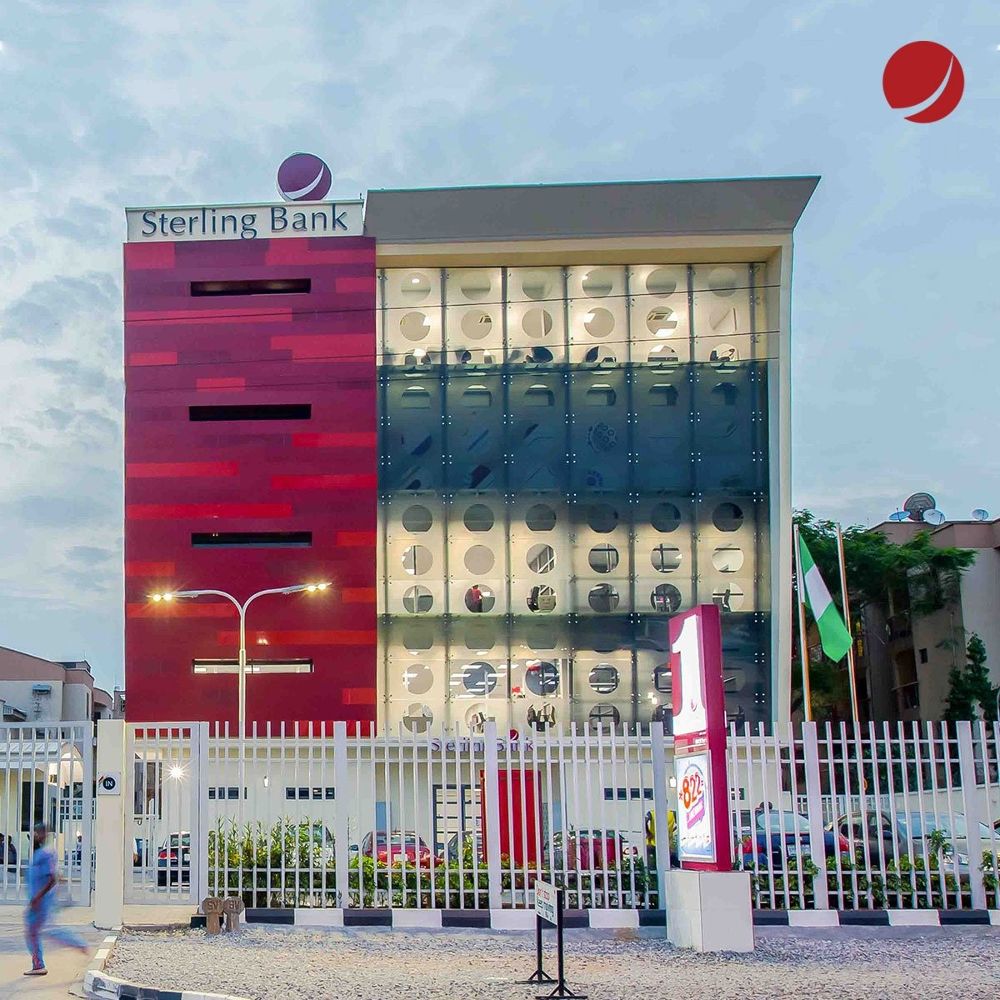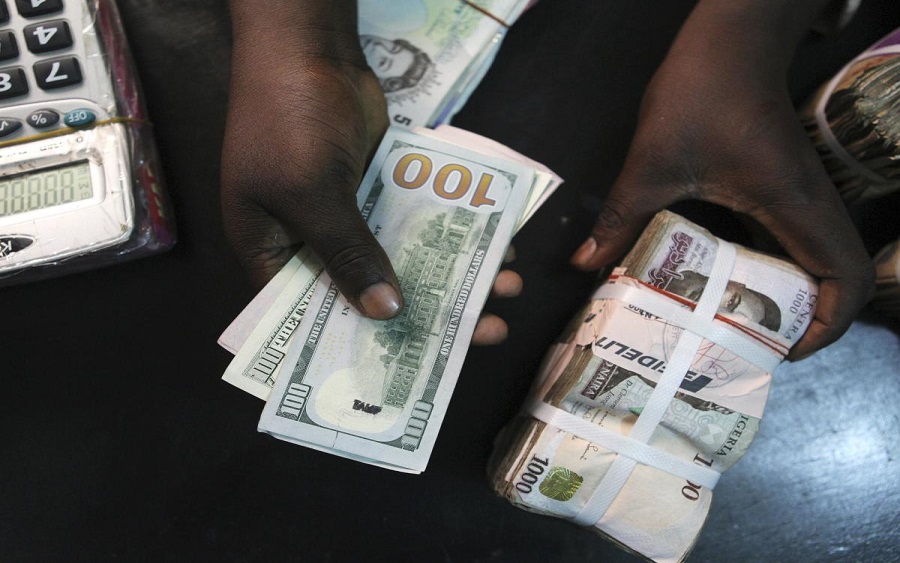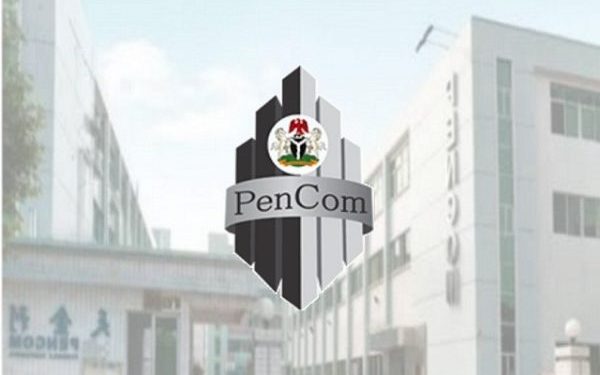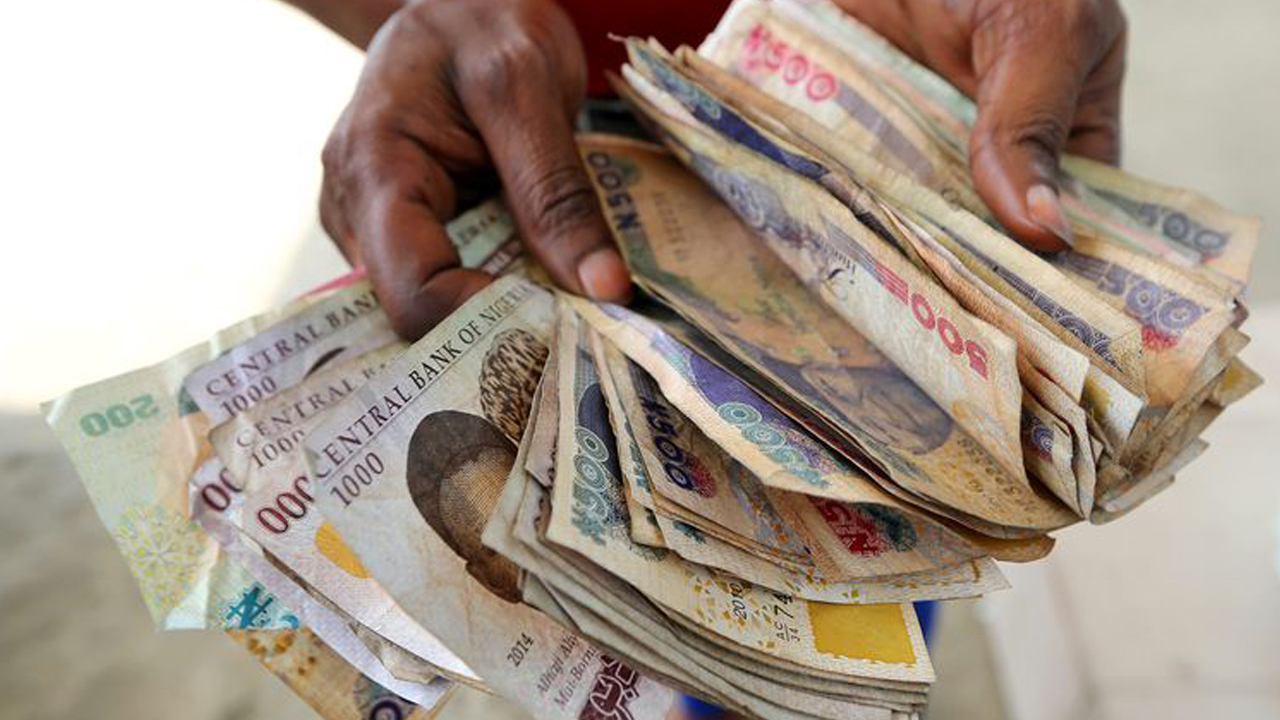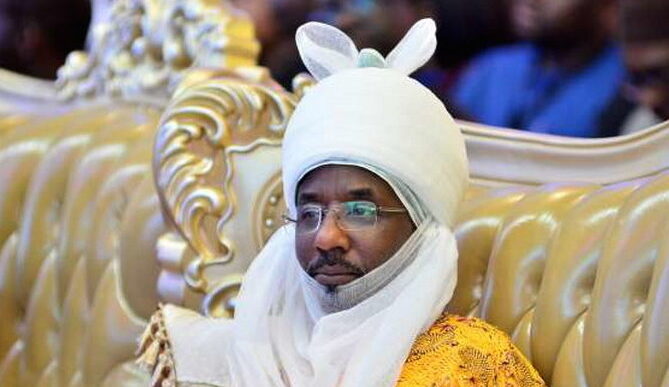Nigeria’s current account surplus rose to $5.28 billion in the second quarter of 2025, up from $2.85 billion recorded in the first quarter, according to the Central Bank of Nigeria (CBN).
Gatekeepers News reports that the bank disclosed this in a Frequently Asked Questions (FAQ) document published on its official website on Tuesday, noting that the improvement reflects “a stronger external sector resilience and improved foreign exchange inflows.”
Gross external reserves climbed to $43.05 billion as of September 11, enough to cover 8.28 months of imports. “The growth in external reserves serves as a source of confidence to citizens, foreign and local investors, and other economic agents,” the CBN said.
The apex bank attributed the positive trend to exchange rate stability, tighter monetary policy, and easing petroleum product prices, which have boosted the country’s balance of payments outlook. Data also show that external reserves have grown by over $692 million in just 18 days, marking their highest level in more than six years.
The increase was also confirmed by President Bola Tinubu during his Independence Day address on October 1.
Policy Adjustments
The CBN also clarified recent monetary policy decisions. It said the Monetary Policy Committee (MPC) lowered the Cash Reserve Ratio (CRR) for commercial banks from 50% to 45% to ease liquidity pressure and encourage lending. However, it imposed a 75% CRR on non-Treasury Single Account (TSA) public sector deposits to guard against inflationary pressures.
The MPC also reduced the Monetary Policy Rate (MPR) by 50 basis points, from 27.5% to 27%, citing a sustained five-month decline in inflation. “The reduction… would help to support economic recovery efforts of the government without undermining macroeconomic stability,” the CBN said.
Additionally, the central bank narrowed the Standing Facilities corridor to +250/-250 basis points around the MPR, shifting from an asymmetric to a symmetric framework. The move, it explained, is aimed at improving liquidity management, stabilising overnight interest rates, and enhancing interbank market efficiency.
The CBN stressed its commitment to disinflation while ensuring liquidity to support credit growth, particularly for MSMEs. “We are using conventional monetary policy tools to anchor inflation expectations while ensuring a stable and robust financial system,” it stated.


